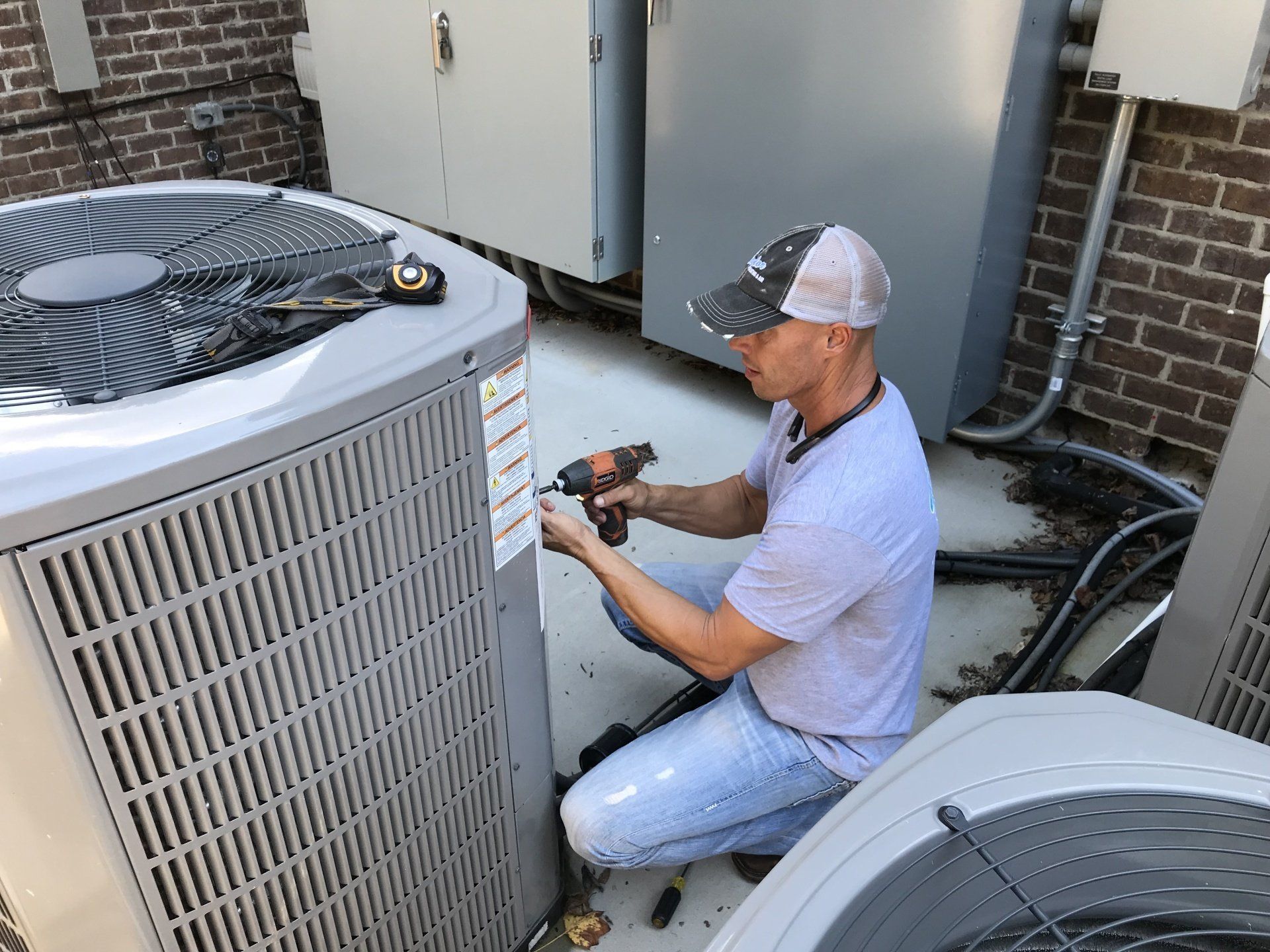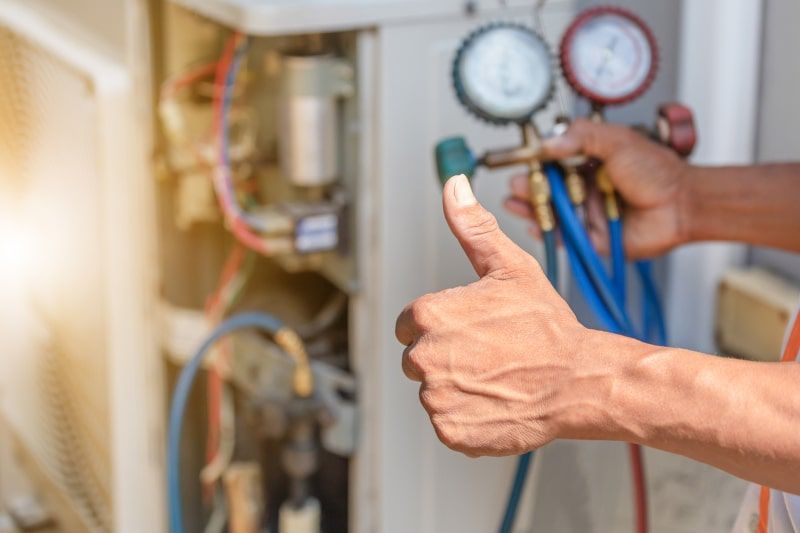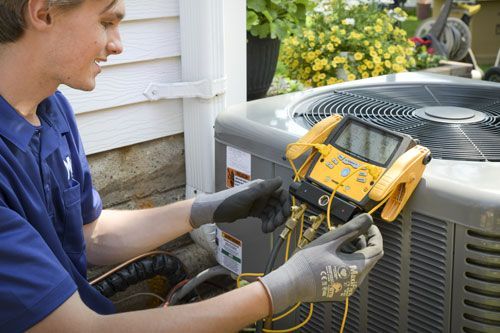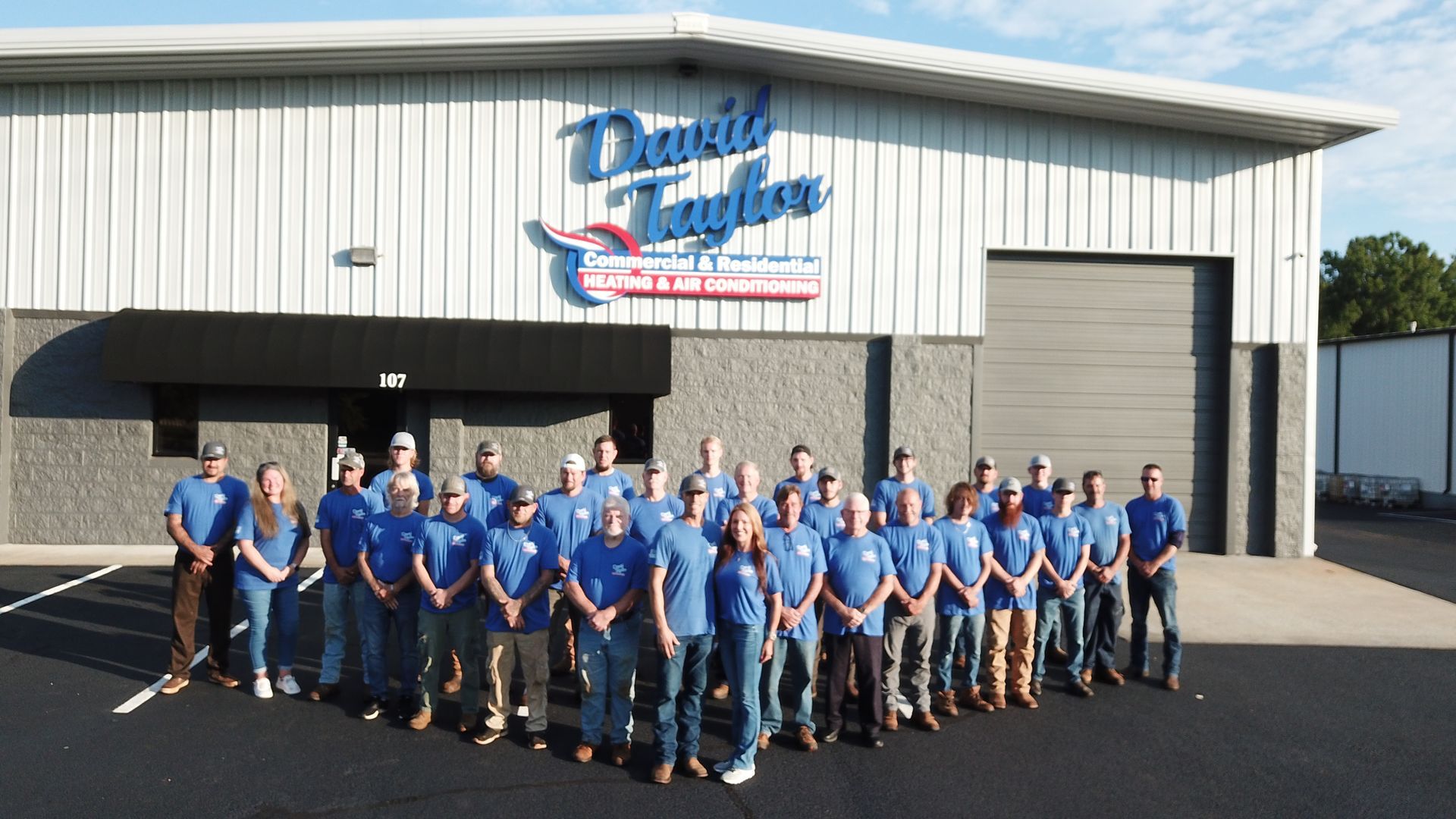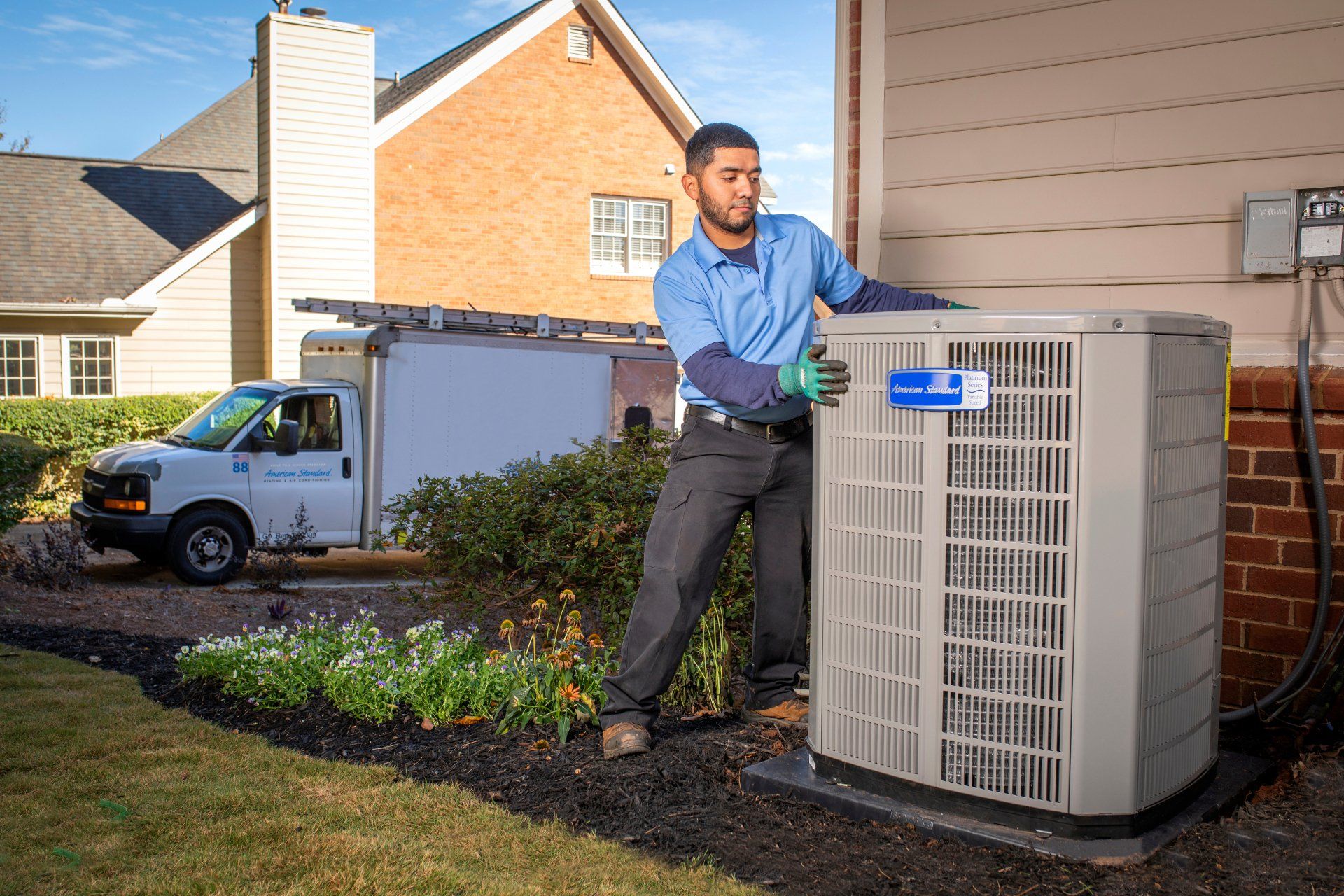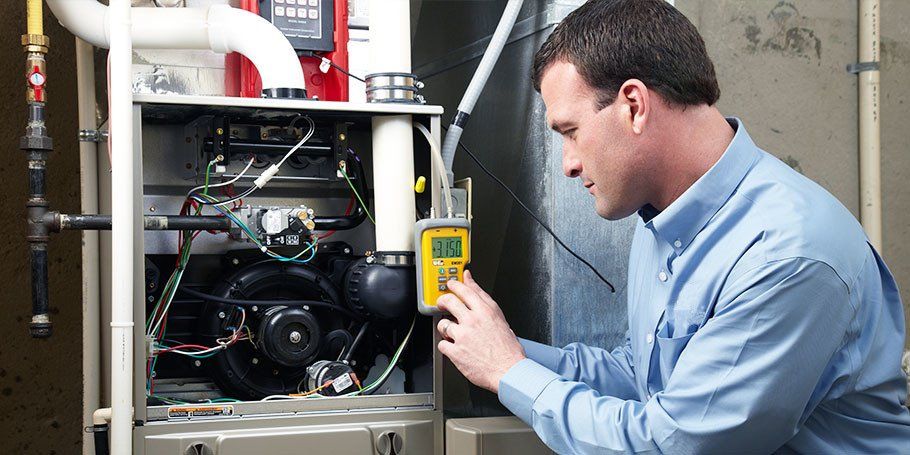Frequently Asked Questions About Indoor Air Quality
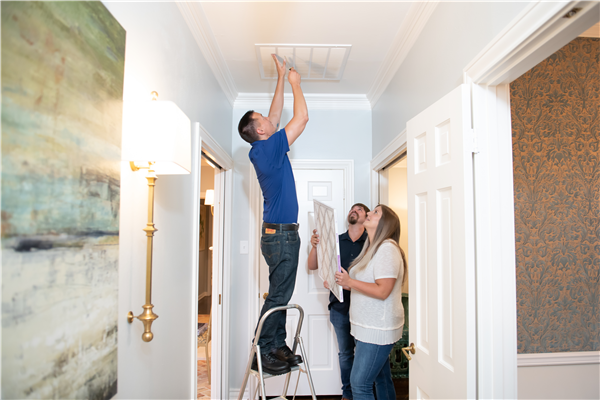
A huge factor in staying healthy in your Anderson, SC home is surrounding yourself with clean, fresh air. And because we spend so much of our time inside, it’s important to take action if harmful levels of dust, pollen, bacteria, excessive moisture and other issues are found in your home. The experts here at David Taylor Heating & air are here to help you and your family breathe easier. Keep reading below to hear the answers of some of our most frequently asked indoor air quality questions.
What is Indoor Air Quality and Why Does it Matter?
Indoor air quality – commonly referred to as IAQ – is the air quality within and around buildings and structures. IAQ is known to affect the health, comfort, and well-being of building occupants. Poor indoor air quality has been linked to sick building syndrome, impaired learning in schools, and reduced productivity. IAQ matters because it can have a major negative impact on your health and the health of your family members living in your Anderson, SC home. Short term effects of poor indoor air quality include worsened allergy symptoms, asthma, itchy eyes and throat, worsened sleep, and more. Long term effects include respiratory illnesses and even cardiovascular disease.
What are the Most Common Indoor Air Pollutants?
Some of the most common indoor air pollutants are relatively harmless including dust, pet dander, pollen and fabric fibers. If you have allergy symptoms or asthma, they can aggravate symptoms but it’s usually manageable. Other common airborne pollutants that are hazards include mold, radon, carbon monoxide, lead, asbestos, and secondhand smoke. These are all serious threats to your health and can cause major damage if they aren’t treated properly.
How Can I Improve My Home’s Indoor Air Quality?
Fortunately, there are a few things you can do to improve the quality of your indoor air. One of the easiest things to do is to regularly change your air filters. This not only helps improve your home IAQ, it also improves your HVAC system efficiency and overall comfort level. Installed a humidifier or dehumidifier can help to balance out the moisture level in your home. Finally, purchasing and installing and whole home air purifier will help improve your IAQ by removing airborne pollutants from your Anderson, SC home.
If you’re interested in learning more about improving your home indoor air quality, check out our service page https://www.andersonscheatingandair.com/indoor-air-quality or give the David Taylor Heating & Air team a call today!
